LCCI urges transparency in $500m W’Bank loan for SMEs, vulnerable communities
The Lagos Chamber of Commerce and Industry has urged the federal government to ensure transparency in the disbursement of a $500 million World Bank loan.This loan is part of the Community Action for Resilience and Economic Stimulus Program, which aims to help Nigeria's small businesses and vulnerable communities.
Dr. Chinyere Almona, LCCI Director-General, emphasised the importance of proper resource allocation in order to achieve the desired results.
According to Dr. Almona, the loan is intended to help small businesses and vulnerable households that have been hit hardest by the country's economic challenges.
"The Lagos Chamber of Commerce and Industry (LCCI) recognises the World Bank's recent approval of a $500 million loan to Nigeria through the Community Action for Resilience and Economic Stimulus Program.
"This development comes at a critical time as the country faces mounting economic challenges such as inflationary pressures, declining purchasing power, and an increasing debt burden.
"While this intervention is aimed at supporting poor and vulnerable households and firms, it is imperative that its broader implications on businesses and the economy pose a concern to the business community."
The chamber advocated for the transparent distribution of funds to small businesses and vulnerable households.
It also emphasised the importance of a strong monitoring and evaluation framework to track the funds' effectiveness and prevent misallocation.
The chamber also urged the government to prioritise concessional financing and use borrowed funds to support economically viable projects.
It emphasised that strengthening tax reforms and expanding the economy's productive base would reduce the need for external borrowing.
The LCCI went on to say that, in addition to short-term solutions, structural reforms are critical to creating a favourable business environment.
"Policies should focus on improving infrastructure, ensuring policy consistency, and addressing forex challenges to support private sector growth and attract investment," she told me.
She stated that the loan could improve food security and alleviate economic hardship for many poor Nigerians, but she urged the government to consider its long-term macroeconomic impact.
Dr. Almona stated that the loan could improve food security and alleviate economic hardship for many poor Nigerians, but he urged the government to consider its long-term macroeconomic implications.
"The loan's direct impact on small businesses and vulnerable populations, via grants and livelihood support, could provide a short-term stimulus. It can improve food security and community resilience, reducing the impact of economic hardship at the grassroots level.
"However, the larger macroeconomic implications must be carefully considered. Nigeria's rising debt burden is a growing concern, especially given the slow pace of disbursement and implementation of previously approved loans," she said.
Dr. Almona stated that Nigeria's mounting debt burden could undermine potential investors' confidence in the country and prevent the government from implementing long-term economic reforms.
"With the World Bank's share of Nigeria's external debt at $17.32 billion, the issue of debt sustainability becomes more pressing. "If not managed properly, additional borrowing could exacerbate fiscal vulnerabilities, erode investor confidence, and limit the government's ability to implement long-term economic reforms," she stated.

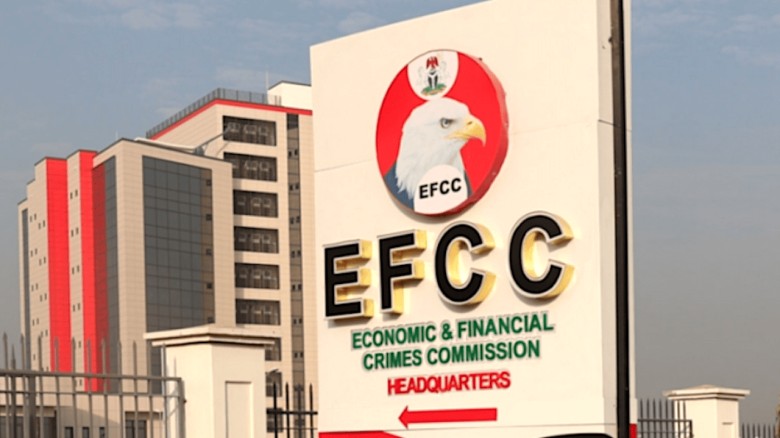
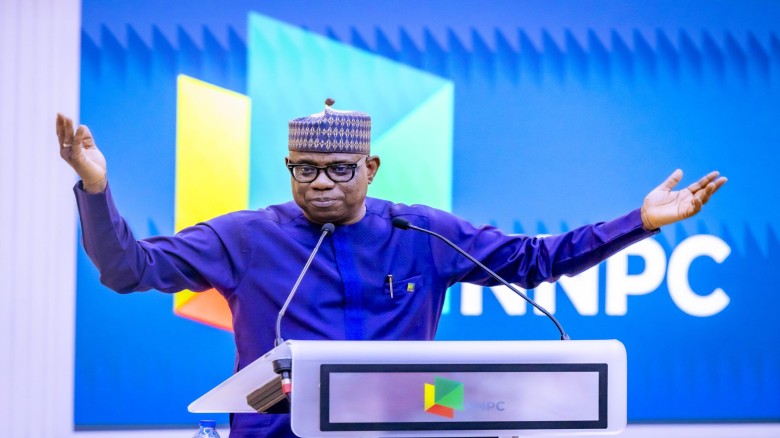
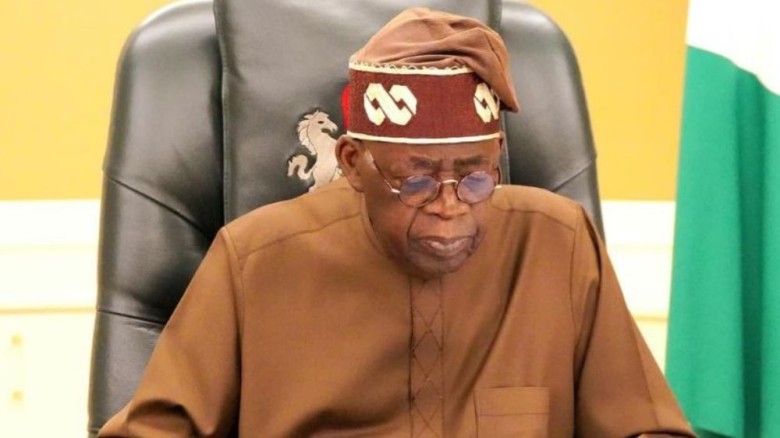
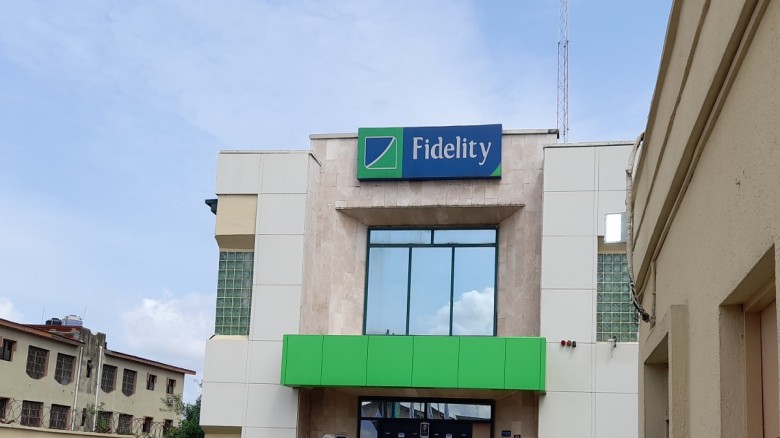












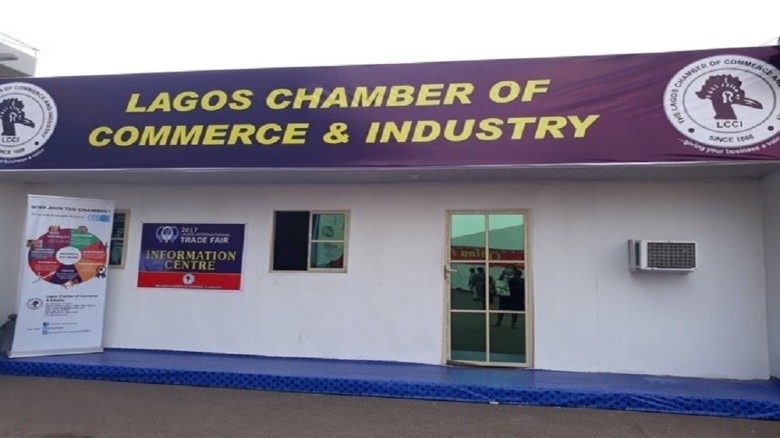






Leave A Comment